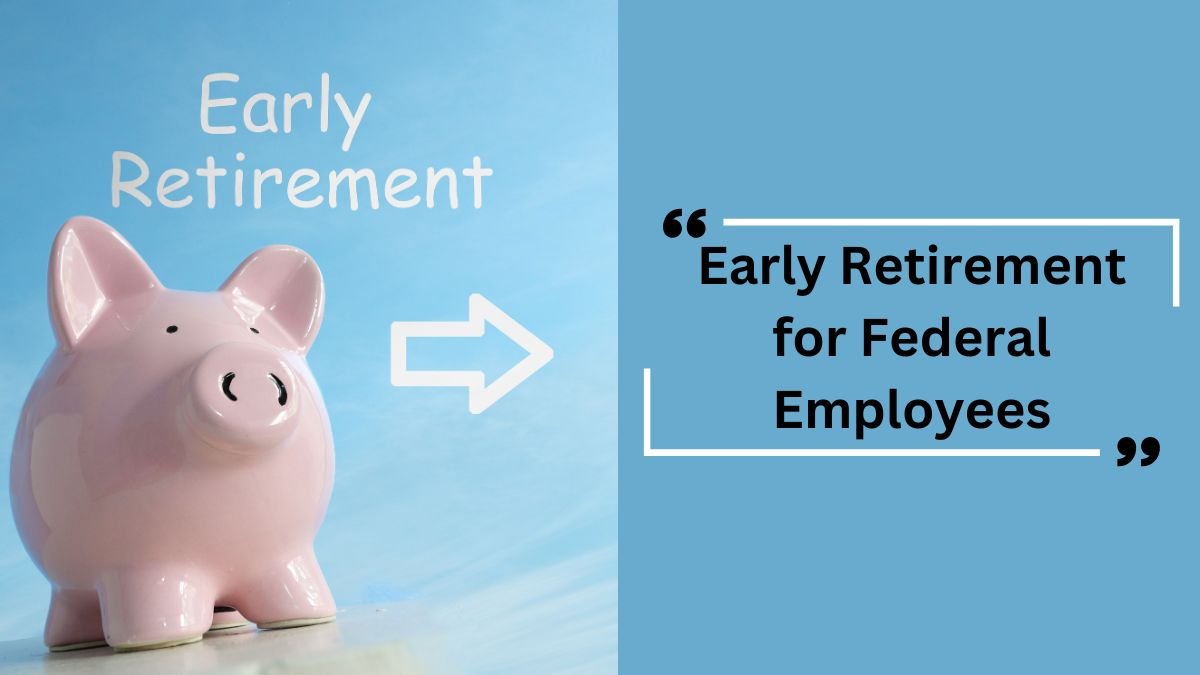The Office of Personnel Management (OPM) is now allowing federal agencies to offer early retirement for federal employees, also known as the Voluntary Early Retirement Authority (VERA). This move comes as part of the administration’s plan to provide “deferred resignations” for most federal employees.
Agencies are also requesting flexibility to accept resignations beyond the September 30, 2025, deadline if employees qualify for VERA by December 31, 2025.
To be eligible for VERA, employees must meet one of these requirements:
- Be at least 50 years old with at least 20 years of service.
- Have at least 25 years of service, with no minimum age requirement.
How VERA Affects Your Retirement Benefits
When retiring early under VERA, your Federal Employees Retirement System (FERS) annuity is calculated based on your years of service and your high-3 average salary. Unused sick leave is converted into service time, which can slightly increase your annuity. The formula used to calculate your annuity is:
1% x years of service x high-3 average salary
Example Calculation
Frank, a 46-year-old federal employee, has:
- 26 years of creditable service (including military service).
- A high-3 salary of $100,000.
- 6 months of unused sick leave.
Frank’s FERS annuity would be:
1% x 26.5 x $100,000 = $26,500 per year
Since Frank is retiring early, he will face a significant reduction in income. Additionally, he will not receive a Cost-of-Living Adjustment (COLA) until the year after he turns 62.
For federal employees worried about retirement benefits, it’s essential to understand how the Social Security Benefits rule can impact your income if you’re over 65.
Additional Considerations for Early Retirement
FERS COLA
Employees who retire before 62 do not receive COLA adjustments until the year after they turn 62.
Retirement Annuity Supplement
Employees retiring before their Minimum Retirement Age (MRA) do not receive the annuity supplement until they reach their MRA. In Frank’s case, his MRA is 57, so he will not receive the supplement until then.
Thrift Savings Plan (TSP) Withdrawals
- If you retire before 55, you must wait until 59.5 to withdraw from TSP without a penalty.
- You can avoid penalties by:
- Purchasing a TSP annuity.
- Choosing monthly withdrawals based on life expectancy.
- If you withdraw early and stop payments before five years, a 10% penalty applies.
Federal Benefits in Retirement
| Benefit | Can You Keep It? | Conditions |
| FEHB Health Insurance | Yes | Must be enrolled for 5 years before retirement. Government continues to pay 72-75% of premiums. |
| FEGLI Life Insurance | Yes | Must be enrolled for 5 years before retirement. |
| TSP | Yes | Can roll over to an IRA or employer’s 401(k). |
Survivor Benefits
Employees who take early retirement can still provide survivor benefits, including:
- A survivor annuity for a spouse (50% benefit reduces annuity by 10%).
- Children’s annuities for dependents under 18 (or up to 22 if a full-time student).
- Continued FEHB and FEDVIP benefits for eligible family members.
It’s important to keep your beneficiary forms updated, including:
- SF 3102 (FERS Contributions)
- TSP 3 (TSP Beneficiary)
- SF 2823 (FEGLI Life Insurance)
If you’re planning for early retirement and looking to boost your savings, consider the new Saver’s Match, which can help increase your retirement wealth.
FAQs About Early Retirement for Federal Employees
1. Can I keep my health insurance if I take early retirement?
Yes, as long as you have been enrolled in FEHB for at least five years before retiring.
2. When will I receive COLA increases?
FERS retirees do not receive COLA adjustments until the year after they turn 62.
3. Will I have to pay a penalty for withdrawing from my TSP?
If you retire before 55, you must wait until 59.5 to withdraw without penalties unless you choose monthly payments based on life expectancy or purchase a TSP annuity.
Final Thoughts on Early Retirement for Federal Employees
Taking early retirement under VERA has benefits and challenges. While it provides an opportunity to retire sooner, it also means a reduced annuity and potential delays in other retirement benefits. If you’re considering this option, review your financial situation carefully and consult with a retirement specialist to make the best decision for your future.
